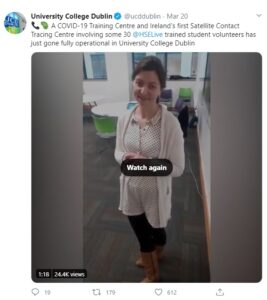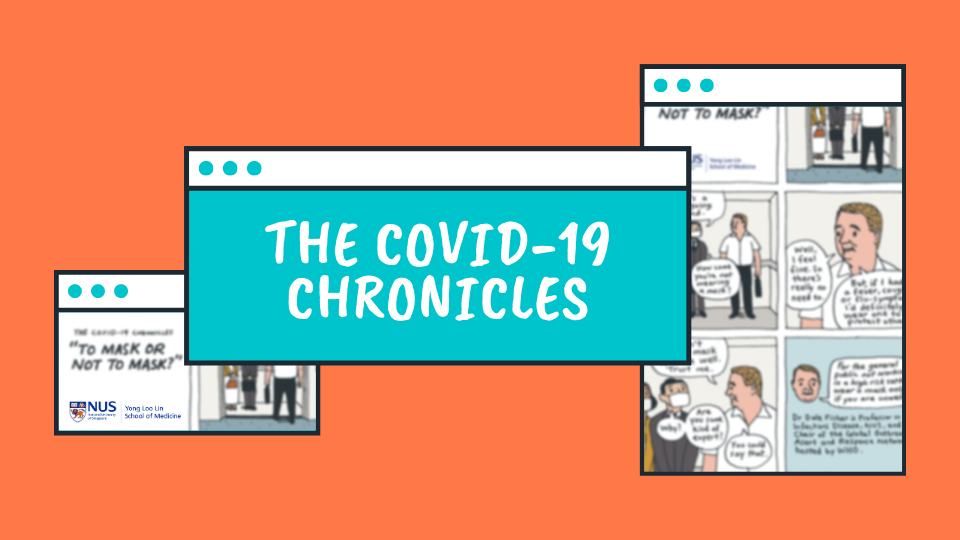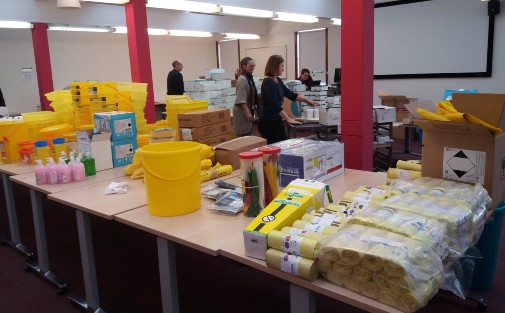Our first COVID-19 related blog focused on the immediate challenges that leaders in reputation management have been responding to in global universities, focused around effective communications with key audiences in a fast-moving environment.
A second focus for communications efforts has emerged in the past couple of weeks once it became clear that the coronavirus crisis is going to have broader effects. Universities are now mobilising to be part of the wider response and supporting society, and communicators play a vital role in telling that story.
The initial focus for these efforts links to the strong connections between many universities and their local health systems. We’ve collected some of the best examples from World 100 Reputation Network members around the globe to demonstrate this support.
World 100 Members Supporting Society:
University College Dublin has opened a volunteer-staff call centre to support the health service. Volunteers – headed up by UCD public health professors – include student nurses, army cadets, and medical faculty.
They are tasked with calling people who have been tested for COVID-19 to give them their results, provide them with medical advice, and gather information for tracing contacts where they have tested positive.
The University of Birmingham has been using its expertise in communications as well as medicine. Researchers are collaborating to produce regular COVID-19 briefings based on the latest literature to support clinical colleagues and disseminate key information.

The briefing is presented in a highly visual and accessible format using infographics and is helping to cut through the blizzard of often-conflicting messaging on the pandemic through other media channels.
On a related theme, staff at the National University of Singapore have been using the medium of comics to engage with the public and get messages out about the COVID-19 pandemic.
The COVID-19 Chronicles have been developed by staff at the Schools of Public Health and Medicine to provide a simple but effective way of communicating public health messages.

Academics at McMaster University are collaborating to find innovative ways of increasing the supply of ventilators to hospitals and creating more masks to protect health care workers.
McMaster mechanical engineers, professors in engineering physics and chemical engineering, technicians and others are all involved, with plans to convert campus labs and institutes to help health care workers. McMaster Manufacturing Research Institute (MMRI) have been collaborating and consulting with experts at Hamilton Health Sciences on ventilator efficacy and functionality.
Similar work is going on in Australia at the University of Wollongong, where researchers from different disciplines are coming together to provide protective gear solutions to local healthcare.
Teams from diverse areas of the university are pooling 3D printing capabilities to produce face shields to protect healthcare workers.
The University of York has donated medical supplies and food to the National Health Service (NHS) as part of the national effort to contain coronavirus.

Items included surgical masks, waste disposal bags, cable ties, clinical waste disposal bags, sharp disposal boxes, disposable gloves, and sterile needles.
PhD student Andy Langley from the Department of Archaeology initiated the collection from departments of Archaeology, Environment and Geography, Biology, Chemistry, Physics, and Electronic Engineering.
Colleagues at Queen Mary University of London are leading similar efforts.
And finally, for this first round-up, many W100 members are reporting on the efforts of staff members who are also medical professionals. Maastricht University Professor of General Practice Medicine Jochen Cals is also a frontline doctor and has written a blog about his experiences on the front-line.
Professor Cals gives a fascinating insight into his work as a General Practitioner and provides sage advice to colleagues on a range of matters, avoiding Facebook as a source of information about the pandemic. The blog is part of a great series from Maastricht, We’re Open, providing a range of perspectives on COVID-19 impacts.
Many other W100 members are providing excellent summaries of their activities, such as Warwick, Manchester, Leeds, Toronto, Queens University Belfast Share your own experiences with promoting examples of university supporting society around COVID-19 via our LinkedIn community page and online.

